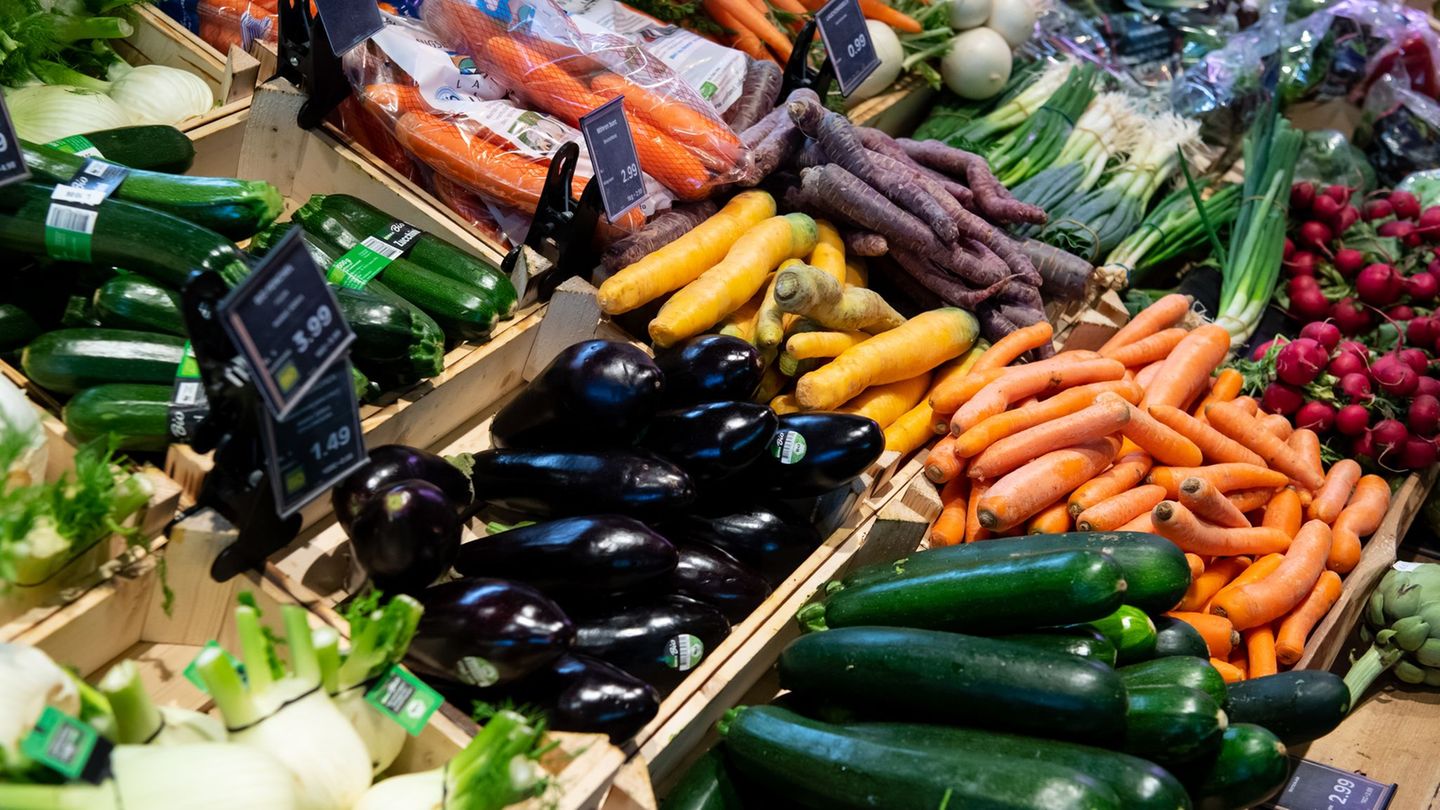Consumer behavior
Customers consume with fewer feelings of guilt than before Corona
Copy the current link
Add to the memorial list
How has life changed since the start of the panda? Some trends have lost importance for people in Germany, as an investigation shows.
Sustainability is obviously no longer as important to people in Germany as it was a few years ago. This emerges from an analysis of the NIQ market research company. Consumers therefore have more and less feelings of guilt if they do not behave environmentally friendly. In 2019, this stated in a representative survey 30 percent, 2024 only 22.
According to NiQ, examples of such behavior are, according to NiQ, not to separate or recycle the garbage, not to buy organic, choose products with a poor animal welfare class or to use the aircraft for travel.
The market researchers have examined how shopping and consumption behavior has changed since the beginning of Corona pandemic or the year before. The numbers rely on the “NIQ Consumer Life” long-term study, for which 2,000 people in Germany from the age of 16 are interviewed.
Expert: Sustainability asked where the price is right
According to the NIQ consumer expert Petra Süptitz, sustainability has experienced a high flight during pandemic. “With closed shops, more time in nature and a global reset moment, many people began to consume more consciously.”
The trend, however, was the other way around, says Süptitz. Consumers have become more price -sensitive and rely on discounts due to the increased prices. “Sustainability is increasingly viewed as luxury, because economic uncertainty and inflation shift the priorities.”
This is also reflected in other numbers. In the year before the Corona pandemic, 34 percent of people were willing to bring personal victims for climate protection, only 24 percent in 2024. According to Süptitz, awareness of environmental protection has not disappeared, but has become more pragmat. “Sustainability is asked where the price is right.” Bio products, vegan and vegetarian food in particular continued to grow stronger growth than conventional products.
Consumer climate worse than before pandemic
Since the start of pandeme, the awareness of health and nutrition has also declined, as Süptitz says. In 2020, 29 percent of consumers were actively looking for healthy food, in 2024 it was only 22 percent – and therefore less than before Corona. Long -term well -being slipped down on the list of priorities, according to the expert, but the pursuit of fitness has remained. Protein products and nutritional supplements are booming, especially for younger ones.
People in Germany’s mood is still steamed. According to the latest consumer climate study by the Nuremberg Institute GfK and NIM, income expectations and inclination tendency were recently declining again. The tendency to save also increased. According to experts, the consumer climate is significantly worse than before pandemic.
dpa
Source: Stern




